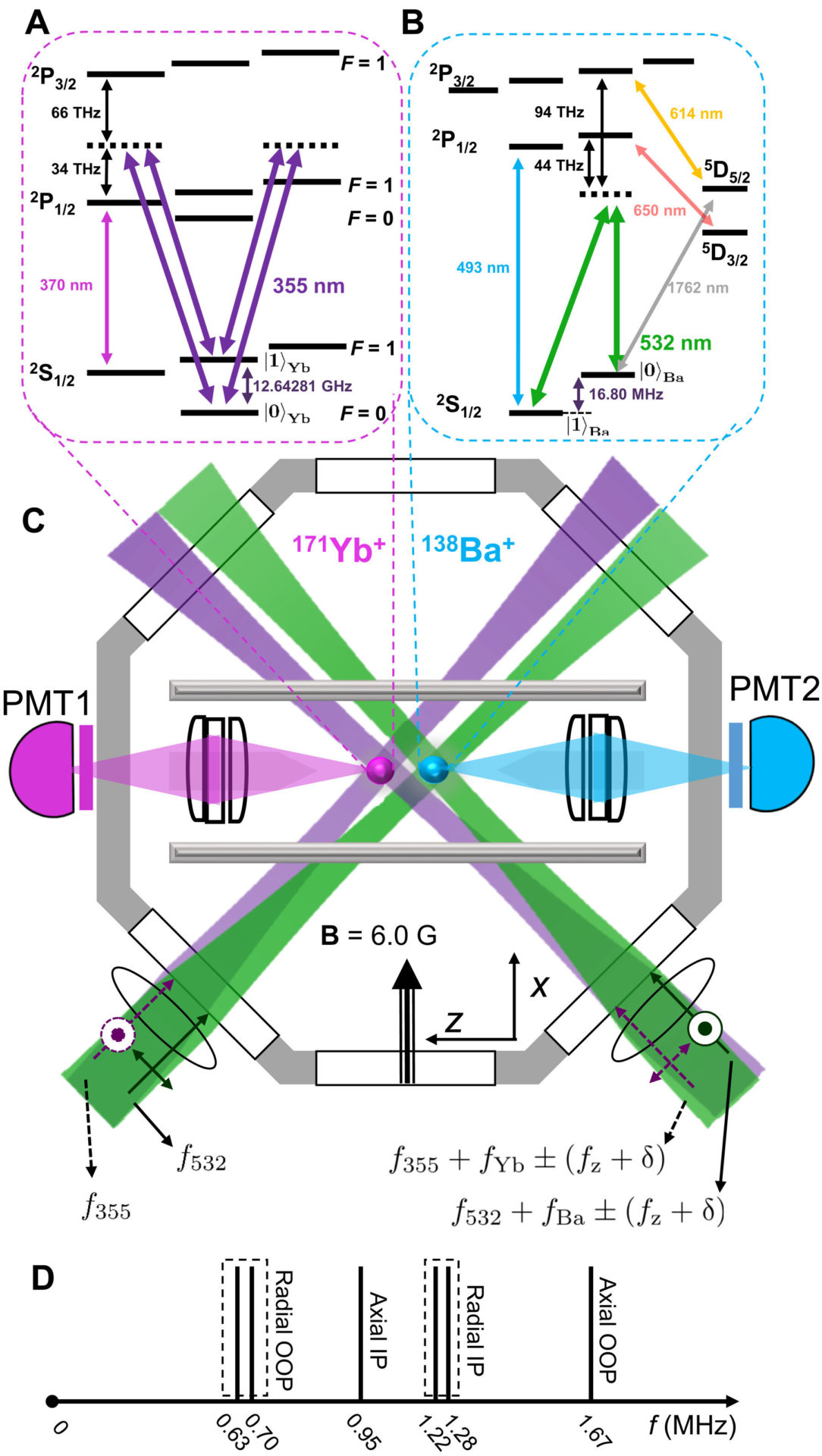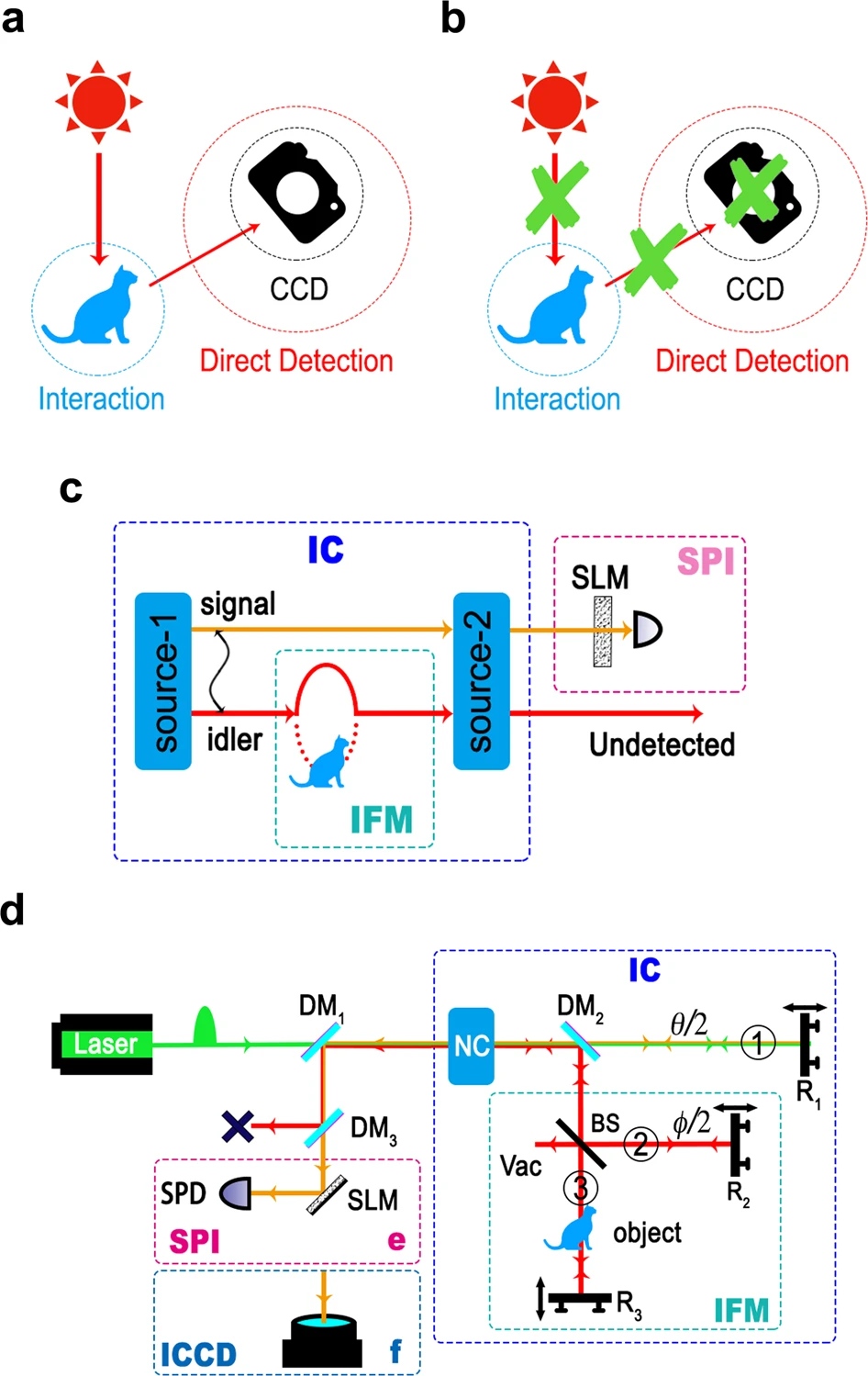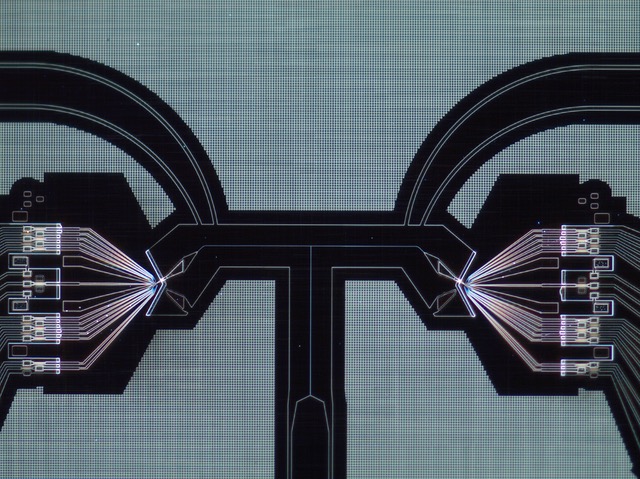Contextuality is essential to explain the power of quantum computers and the security of quantum communications.
Quantum measurements cannot be thought of as revealing preexisting results, even when they do not disturb any other measurement in the same trial. This feature is called contextuality and is crucial for the quantum advantage in computing.
The researchers reported the observation of quantum contextuality simultaneously free of the detection, sharpness, and compatibility loopholes. The detection and sharpness loopholes are closed by adopting a hybrid two-ion system and highly efficient fluorescence measurements offering a detection efficiency of 100% and a measurement repeatability of >98%.
The compatibility loophole is closed by targeting correlations between observables for two different ions in a Paul trap, a 171Yb+ ion and a 138Ba+ ion, chosen so measurements on each ion use different operation laser wavelengths, fluorescence wavelengths, and detectors.
The experimental results have showed a violation of the bound for the most adversarial noncontextual models and open a way to certify quantum systems.
The study has been published in the journal Science Advances.



